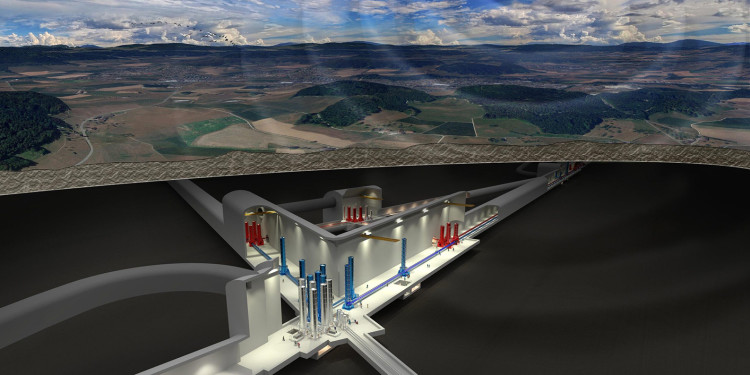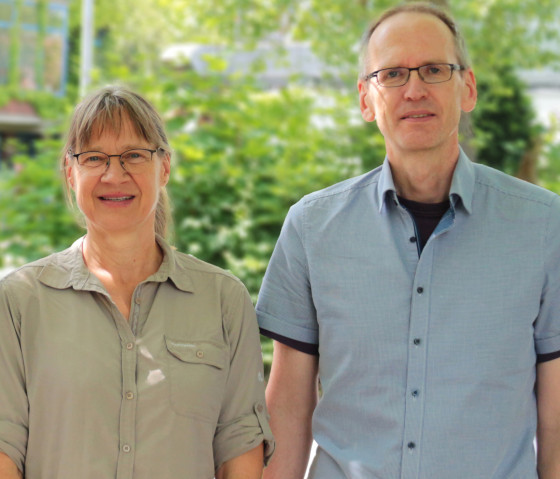
Two projects featuring the University of Münster are on the shortlist of the Federal Ministry of Education and Research
The University of Münster is involved in two of the most important projects with which the German Federal Government and various partners aim to promote cutting-edge research in Germany and improve the performance of the German science system. The Federal Ministry of Education and Research has now announced the most promising projects from the ‘national prioritisation process for large-scale research infrastructures’. A total of nine projects are on the shortlist, including the preliminary phase for the Einstein Telescope and the planned expansion of the IceCube neutrino observatory at the South Pole – scientists from the University of Münster are working on both projects.
The prioritisation process has been in place since 2024. International experts were tasked with evaluating 32 applications from 56 organisations. Nine concepts made it to the final selection. Inclusion on the shortlist does not guarantee funding, but according to the Federal Ministry of Education and Research, it is considered ‘an important signal for the priority pursuit of the projects from a research policy perspective and their potentially significant contribution to the performance of the German science system.’

The projects with Münster involvement
The Einstein Telescope aims to complement electromagnetic astronomy with gravitational wave detection, thereby providing deeper insights into black holes, matter under extreme conditions and cosmological phenomena. The project is a major international undertaking. It brings together an interdisciplinary European team from the fields of physics, geophysics, geology, engineering, materials science and environmental science. In addition to the University of Münster, the supporting institutions are the Universities of Aachen, Bochum and Dresden.
The expansion of IceCube to IceCube-Gen2 is intended to increase the detection rate of cosmic neutrinos tenfold and identify neutrino sources that are five times weaker. IceCube-Gen2 is intended to take neutrino research from the discovery phase to the precision measurement phase, while also contributing to geophysics, glaciology and climate research. The supporting institutions are the German Electron Synchrotron and the Karlsruhe Institute of Technology.
